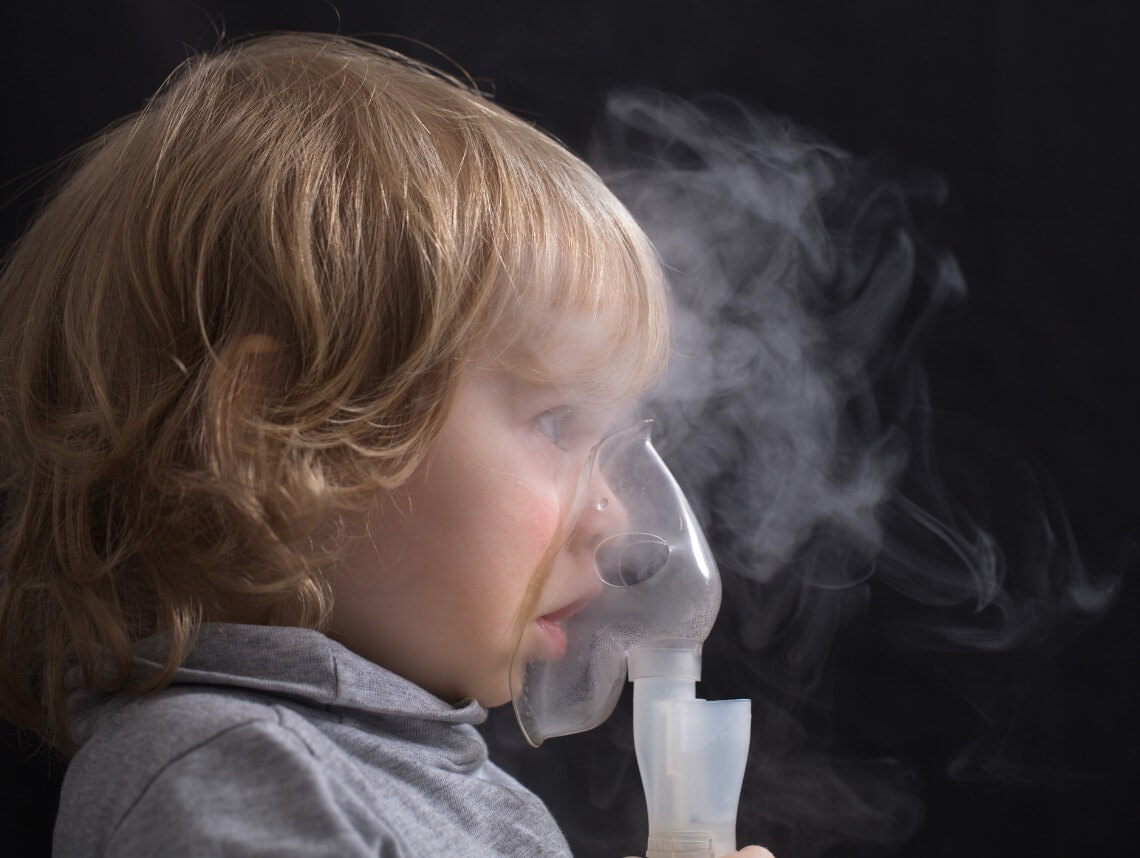Esophageal Atresia (EA) is a birth defect where the esophagus, the tube connecting the mouth to the stomach, does not form properly, leading to a separation or blockage. This can lead to difficulties in swallowing and the passage of food from the mouth to the stomach. This blog comprehensively explains esophageal atresia in children, including its definition, symptoms, causes, diagnosis, treatment options, and essential care guidelines.
Causes of Esophageal Atresia
The exact causes of esophageal atresia are not well understood. However, it is believed to occur during early fetal development when the esophagus fails to form correctly. Genetic factors and environmental influences may contribute to the development of EA, but in many cases, the cause remains unknown.
Symptoms of Esophageal Atresia
The symptoms of esophageal atresia can vary depending on the specific type and severity of the condition. Common signs and symptoms may include:
- Excessive drooling and foaming at the mouth
- Inability to feed properly, with frequent choking or gagging during swallowing attempts
- Coughing or choking episodes during feeding
- Abdominal distension (swelling) after feeding
- Failure to thrive or inadequate weight gain
- Recurrent respiratory infections due to aspiration of fluids into the lungs
- Cyanosis (bluish discoloration of the skin) due to insufficient oxygenation
Diagnosis of Esophageal Atresia
Esophageal Atresia is typically diagnosed shortly after birth. The following diagnostic methods are used to confirm the condition:
- Physical examination: The healthcare provider will assess the baby’s ability to swallow, listen for abnormal breathing sounds, and examine for signs of air entering the stomach or intestines.
- X-rays: A contrast liquid is given to the baby, and X-ray images are taken to visualize the esophagus and determine the presence of atresia or a fistula.
- Additional tests: Other diagnostic procedures, such as an esophagoscopy or bronchoscopy, may be performed to further evaluate the anatomy of the esophagus and associated airways.
Treatment and Care for Esophageal Atresia
The treatment approach for esophageal atresia depends on the specific type and severity of the condition. Treatment options include:
- Surgery: The standard treatment for EA involves surgical repair to reconnect the disconnected esophagus and close any abnormal connections (fistula). The surgeon will create an anastomosis, connecting the two ends of the esophagus to restore the normal passage of food and fluids.
- Placement of a gastrostomy tube: In some cases, a temporary feeding tube may be placed through the abdomen directly into the stomach to provide nutrition until the surgical repair is performed.
- Ongoing support and monitoring: Following surgery, regular follow-up visits with a pediatric gastroenterologist and surgeon are essential to monitor the child’s growth, feeding, and overall well-being.
- Feeding techniques and support: Special feeding techniques, such as small and frequent feedings, upright positioning during feeding, and thickening of liquids, may be recommended to facilitate safe and efficient swallowing.
- Respiratory care: Children with EA may require respiratory support, such as oxygen therapy or respiratory treatments, to manage any associated respiratory complications.
- Parental support: Parents should seek emotional support from healthcare professionals, support groups, and other parents facing similar challenges to navigate the emotional and practical aspects of caring for a child with EA.
Esophageal atresia is a congenital condition that requires specialized care and treatment. By understanding the causes, recognizing the symptoms, and seeking early diagnosis, parents can ensure that their child receives the appropriate medical interventions and ongoing care.
Collaboration with healthcare professionals, adherence to recommended feeding techniques, and regular monitoring are crucial for the child’s overall well-being and successful management of the condition. Remember, support networks are available to provide guidance and emotional support throughout caring for a child with esophageal atresia.
Contact Care Options for Kids for Home Health Care in Florida
It can be hard to balance your time between work, home, and caring for a child. That’s why our team of skilled professionals at Care Options for Kids is here to help.
Our home health care services offer one-on-one care in the comfort of your home. We refer loving and competent nurses to provide customized care for families — from a few hours a day to around-the-clock supervision. Contact us directly to speak with a home health care professional or request a free Pediatric Consultation. Together we can determine the best plan of action to keep your loved ones happy and healthy.
If you or a loved one are considering Pediatric Home Health Care Services in Florida, contact the caring staff at Care Options for Kids. Call today at (888) 592-5855.






